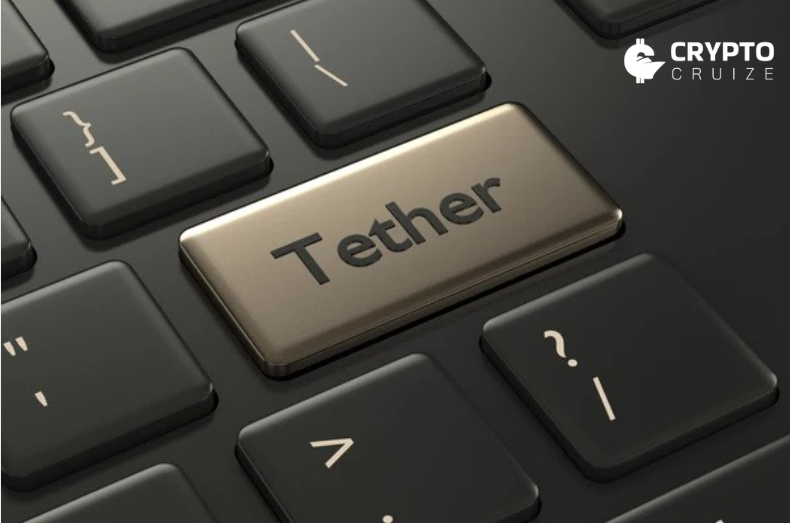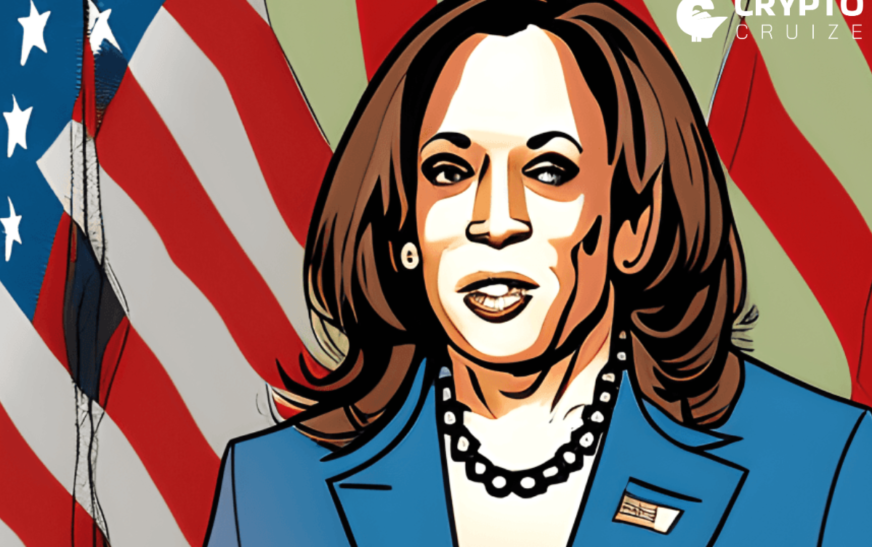Stuart Alderoty, the Chief Legal Officer of Ripple Labs, has outlined the forthcoming actions in the company’s ongoing legal dispute with the U.S. Securities and Exchange Commission (SEC). This case, which centers around the classification of XRP as a security, raises crucial questions about Ripple’s compliance with U.S. regulations concerning token sales.
What are the next steps in the appeals process?
As the case progresses into its appeals phase, it is anticipated that resolution could take until 2026. Stakeholders are preparing for a protracted legal process, with both Ripple and the SEC gathering their legal strategies.
What issues are Ripple contesting in its appeal?
In the upcoming weeks, Ripple will file its Form C for a cross-appeal, targeting the ruling that labeled certain institutional XRP sales as unregistered securities transactions. Alderoty expressed optimism over the appeal, citing that district court decisions often receive support from the Second Circuit Court of Appeals.
Ripple’s appeal will specifically challenge Judge Analisa Torres’ conclusion regarding the interpretation of “investment contracts.” The company contends that the XRP sales in question should not fall under the securities classification.
In addition to its legal strategies, Ripple is also moving forward by expanding its global presence and launching a new stablecoin, RLUSD. This stablecoin aims to enhance cross-border payment efficiency while adhering to New York’s regulatory standards.
The implications of Ripple’s lawsuit against the SEC could significantly impact the cryptocurrency landscape by establishing important legal precedents. Key takeaways include:
- The appeals process may extend until 2026.
- Ripple is confident in its cross-appeal against the SEC’s designation of XRP.
- The outcome could have broader implications for the cryptocurrency industry.
Ripple’s ongoing initiatives, both legal and operational, underscore its commitment to navigating the complex regulatory environment while pursuing growth and innovation.




















































